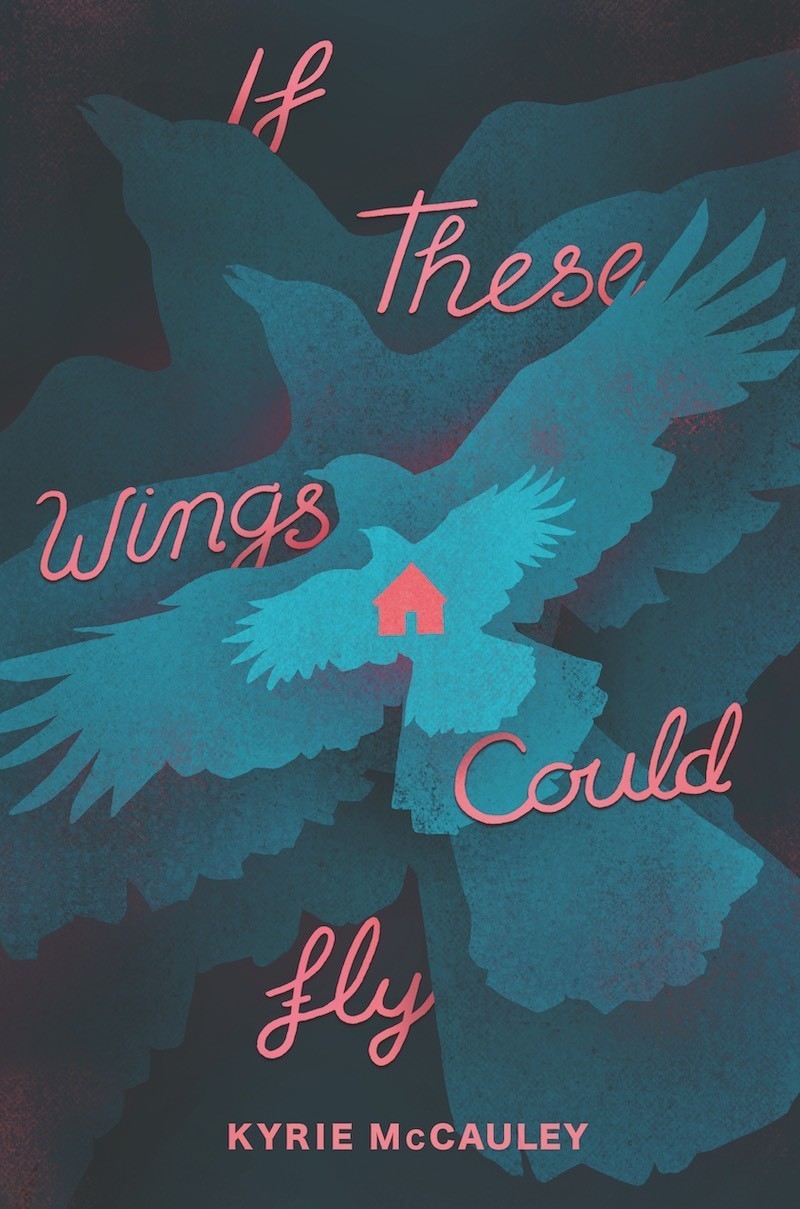Chapter 39
byChapter 39 opens with the protagonist reflecting on a literature class that explores the portrayal of women in literature. The class focuses on powerful authors such as Jane Austen, Alice Walker, Maya Angelou, and Sylvia Plath, but there is a particular emphasis on Mary Shelley’s Frankenstein and Mary Wollstonecraft’s A Vindication of the Rights of Woman. The protagonist appreciates the depth and complexity with which female writers represent women, contrasting them with male authors who tend to depict women as either victims or mere archetypes. This distinction offers the protagonist a sense of empowerment, as the works they study reflect women in all their complexity, encouraging the protagonist to view herself and other women as multifaceted individuals rather than just passive figures in a patriarchal narrative.
As the class concludes, the teacher, Mrs. Riley, encourages the protagonist to participate in an essay contest and slides a pink sheet of paper across the desk. Despite her enthusiasm for the idea, the protagonist feels a sense of dread about the task, unsure of how to approach the prompts. She expresses her fear that she may not be able to articulate her thoughts effectively, a concern that makes her hesitate. Mrs. Riley, however, urges her to push past these self-doubts, emphasizing the importance of finding her voice, especially as a budding journalist. She reassures the protagonist that the recognition from winning the contest could open new opportunities, encouraging the protagonist to see this as a chance for growth and self-expression. This push from Mrs. Riley helps the protagonist understand the value of perseverance and self-belief, especially in the face of doubt.
While considering the contest, the protagonist reflects on the symbolism of a crow in ancient folklore—a bird that drops pebbles into a water container to raise the level, enabling it to drink. The crow’s persistence becomes a metaphor for her own journey, suggesting that small, consistent efforts can eventually lead to success. Although the essay contest may not immediately propel her toward her ultimate goal of attending NYU, the protagonist recognizes that each effort, no matter how small, could bring her one step closer. The realization shifts her perspective, helping her see that progress doesn’t always have to come in giant leaps, but in tiny steps forward that, over time, accumulate into meaningful achievements. This moment of clarity fuels the protagonist’s determination to participate in the contest, as she begins to view the challenge as an opportunity to develop her voice rather than a daunting task.
As the protagonist contemplates possible ideas for her essay, a more controversial notion arises—one that might not be well received by the contest judges, a group of men who are often resistant to change or new ideas. She considers the implications of presenting a viewpoint that could challenge the status quo, especially in a community where traditional norms are heavily adhered to. The protagonist recalls a humiliating classroom moment when a male teacher ridiculed a female student who had been a victim of harassment, effectively silencing her. This incident serves as a reminder of how women’s voices are often dismissed or belittled, a theme that has pervaded the protagonist’s life. In addition to this memory, the protagonist notices the unsettling dynamics between men and her mother, particularly when men treat her mother dismissively at the diner. These observations underscore the pervasive culture of minimizing women’s voices and experiences, further fueling the protagonist’s desire to speak out.
Ultimately, the protagonist struggles with the idea of speaking out in a town that seems to maintain its rigid structure through fear and conformity. She understands that challenging the established norms could threaten the very foundations of her community, which has long relied on the suppression of dissenting voices. As she reflects on this, she grapples with the idea that some truths, if spoken, could unravel the status quo and disrupt the comfortable complacency that so many take for granted. The tension between personal truth and societal expectations weighs heavily on her, as she contemplates the potential consequences of speaking out. This chapter highlights the risks associated with challenging deeply ingrained systems of power, as well as the personal toll it may take on those brave enough to push against them. The protagonist’s reflections on the nature of change suggest that while progress is necessary, it comes with inherent risks that can disrupt not only individual lives but entire communities.

